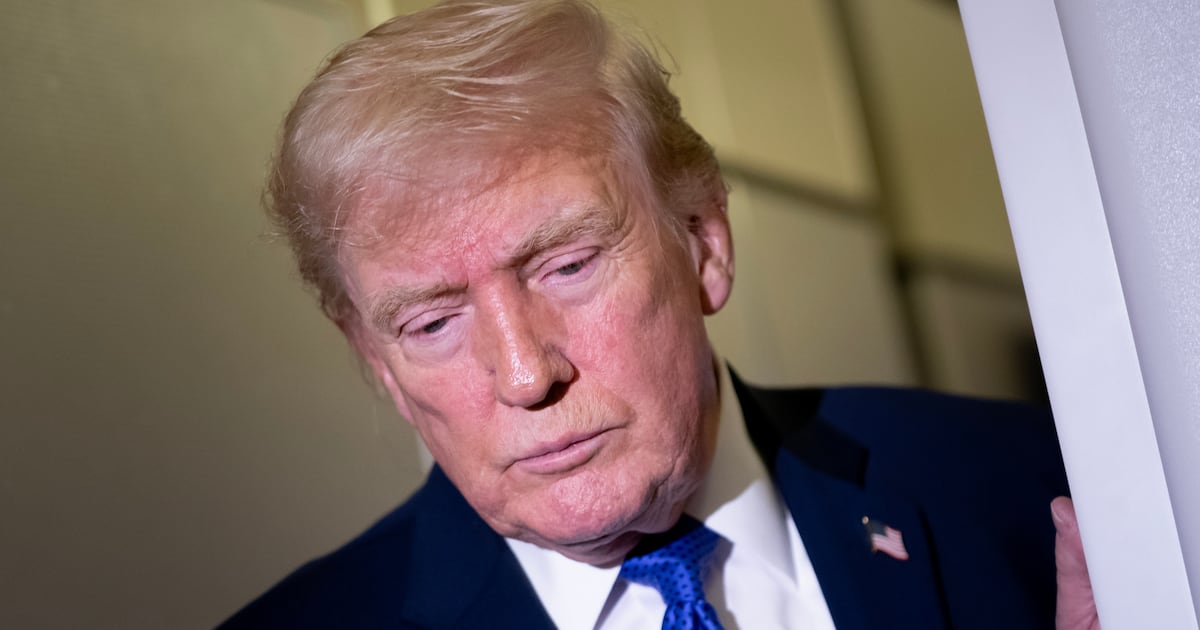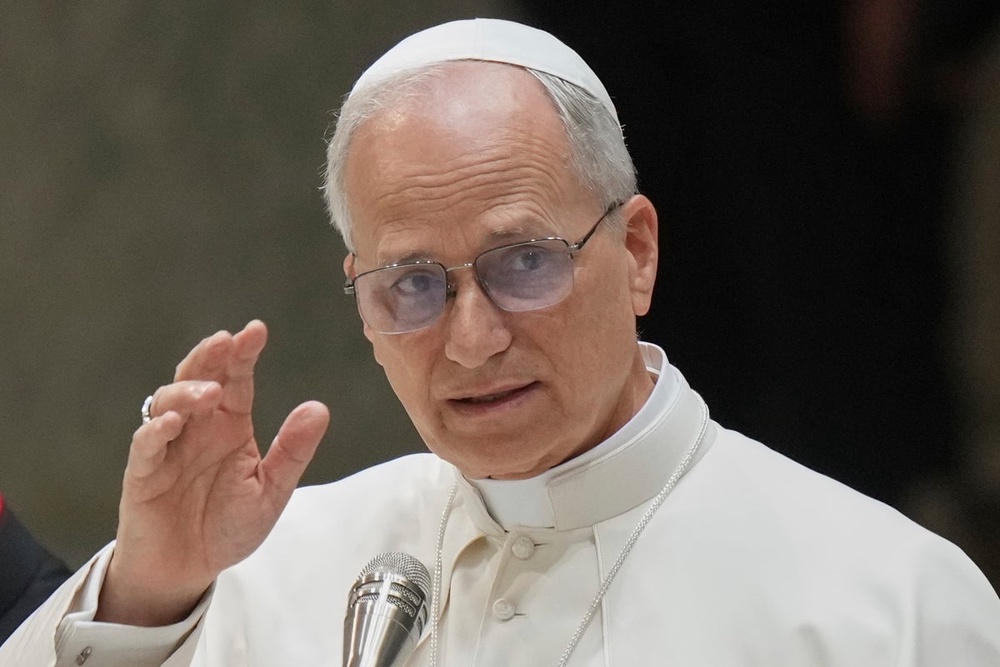The Installation of Pope Leo XIV: A New Era for the Catholic Church

About the People Mentioned
Pope Leo XIV
Pope Leo XIV, born Robert Francis Prevost on September 14, 1955, in the Chicago area, is the 267th Pope of the Catholic Church. He was elected on May 8, 2025, marking a significant moment as the first American and first Peruvian pope. His background is deeply rooted in the Order of St. Augustine, which he joined after graduating from Villanova University in 1977. He professed his solemn vows in 1981 and was ordained a priest in 1982. Pope Leo XIV holds a licentiate and doctorate in canon law from the Pontifical University of St. Thomas Aquinas in Rome. He has extensive experience in missionary work, particularly in Peru, where he served in various roles, including as the judicial vicar of the Archdiocese of Trujillo and as a professor of canon, patristic, and moral law at the San Carlos e San Marcelo Major Seminary. His leadership roles expanded when he was elected to oversee his order's province and later the worldwide Order of St. Augustine for 12 years. In 2014, Pope Francis appointed him to lead the Diocese of Chiclayo, Peru, a position he held for nine years. In 2023, he was created a cardinal by Pope Francis and appointed Prefect of the Dicastery for Bishops. This role involved overseeing the appointments of bishops worldwide. Pope Leo XIV's current relevance lies in his unique blend of American and Peruvian heritage, which brings a global perspective to the papacy. His election has been seen as a milestone in the Church's history, marking a new era of leadership shaped by his missionary experience and theological background.
About the Organizations Mentioned
Catholic church
The **Catholic Church** is the world's largest Christian organization, with over 1.3 billion members globally, functioning as a religious, cultural, and social institution. It traces its origins to the first century AD, rooted in the teachings of Jesus Christ and the apostolic leadership of St. Peter, regarded as its first pope. The Church views itself as the continuation of the early Christian community established by Jesus' disciples, with an unbroken apostolic succession through its bishops and the Pope, the Bishop of Rome[1][5]. Historically, the Catholic Church played a pivotal role in shaping Western civilization. After surviving early Roman persecutions, Christianity was legalized by Emperor Constantine in 313 AD and later became the state religion of the Roman Empire. The Church's authority was solidified during the Middle Ages, notably with the coronation of Charlemagne as Emperor by the Pope in 800 AD, establishing a long-standing alliance between the Church and European political powers[3][5]. The Age of Discovery (15th-17th centuries) marked a major expansion for the Catholic Church as missionaries spread Catholicism worldwide, especially in the Americas, Asia, and Oceania, facilitated by Catholic colonial powers like Spain and Portugal. This global evangelization significantly influenced cultural and political landscapes on multiple continents[1]. Key achievements of the Church include its theological and doctrinal contributions through Ecumenical Councils, its establishment of vast educational, healthcare, and charitable institutions, and its role in art, science, and philosophy throughout history. The Counter-Reformation in the 16th century revitalized Catholicism in response to Protestantism, notably through the Jesuits' educational and missionary work[1][3]. Today, the Catholic Church remains a major global institution, influencing billions through its religious teachings, humanitarian efforts, and engagement with modern issues. It faces contemporary challenges such as secularization, internal reforms, and addressing past abuses but continues to be a significant player in global social and ethica
White Sox
The Chicago White Sox is a professional baseball team competing in Major League Baseball (MLB) as a member of the American League (AL) Central Division. Established in 1901, the White Sox have a storied history marked by early successes, challenges, and notable achievements. The team is based in Chicago, Illinois, playing home games at Guaranteed Rate Field, and is recognized by its black, silver, and white colors[1][2][3]. Originally founded as a minor league team in 1894, the franchise moved to Chicago in 1900 and joined the major leagues when the American League was elevated in 1901. The White Sox won their first AL pennant that year and captured World Series titles in 1906 and 1917. However, the team's reputation was severely damaged by the infamous Black Sox scandal of 1919, when eight players conspired to fix the World Series, resulting in lifetime bans and a long period of struggle for the franchise[1][2]. The White Sox endured decades of limited success until a renaissance in the late 20th and early 21st centuries. Key players like Frank Thomas, the franchise’s all-time leader in multiple offensive categories, helped the team become consistently competitive through the 1990s and early 2000s. Under manager Ozzie Guillén, the White Sox won the AL Central in 2005, then swept the Houston Astros in the World Series to claim their first championship in 88 years[3]. Today, the White Sox remain a culturally significant franchise embodying resilience and South Side Chicago pride. They maintain a passionate fan base and continue investing in player development and technology to enhance performance and engagement. The team is valued at approximately $2 billion as of 2023, reflecting its strong economic standing in professional sports[1][4][7]. Notable aspects include their deep ties to Chicago’s history, contributions to baseball culture, and efforts to honor Negro Leagues baseball heritag









